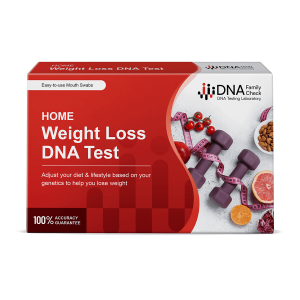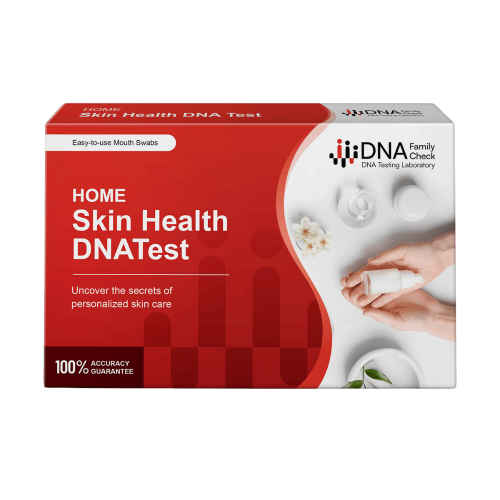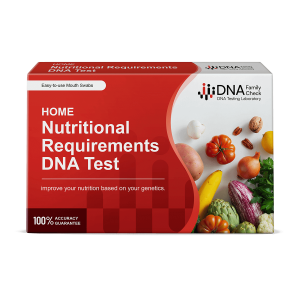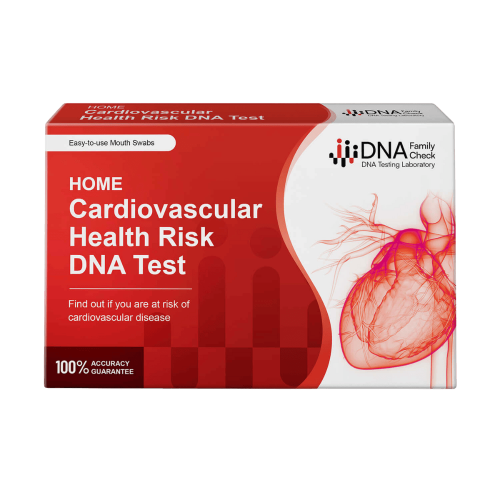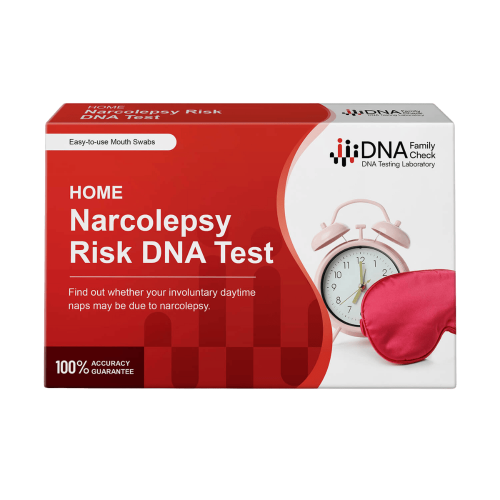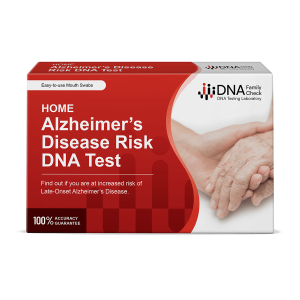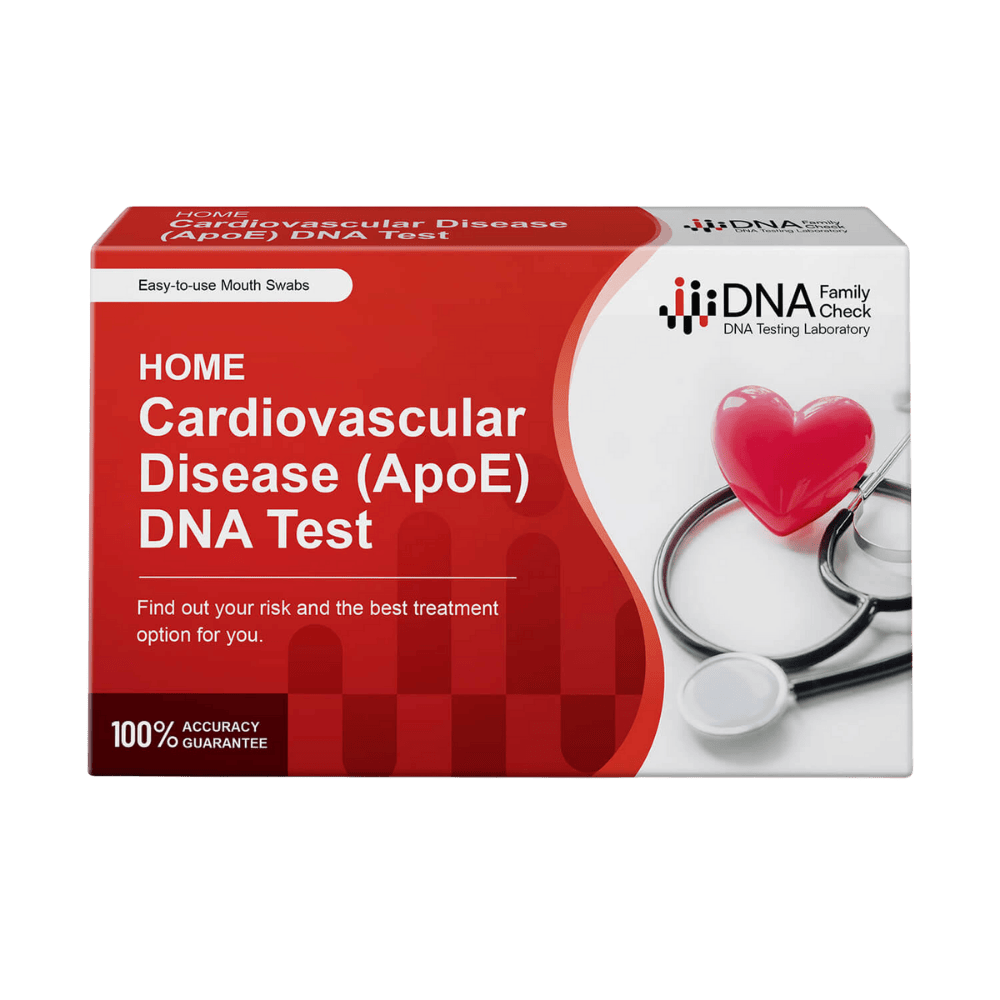

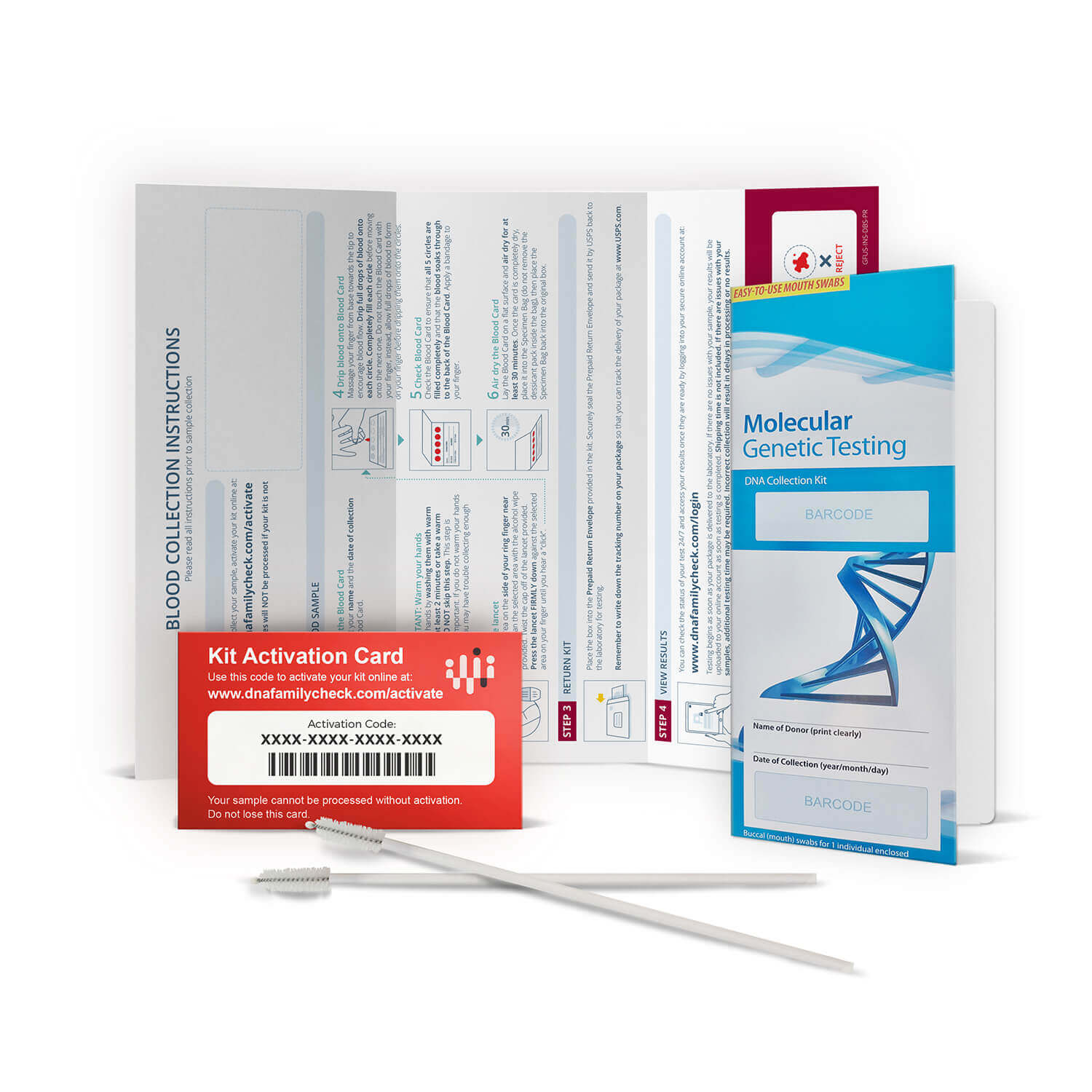
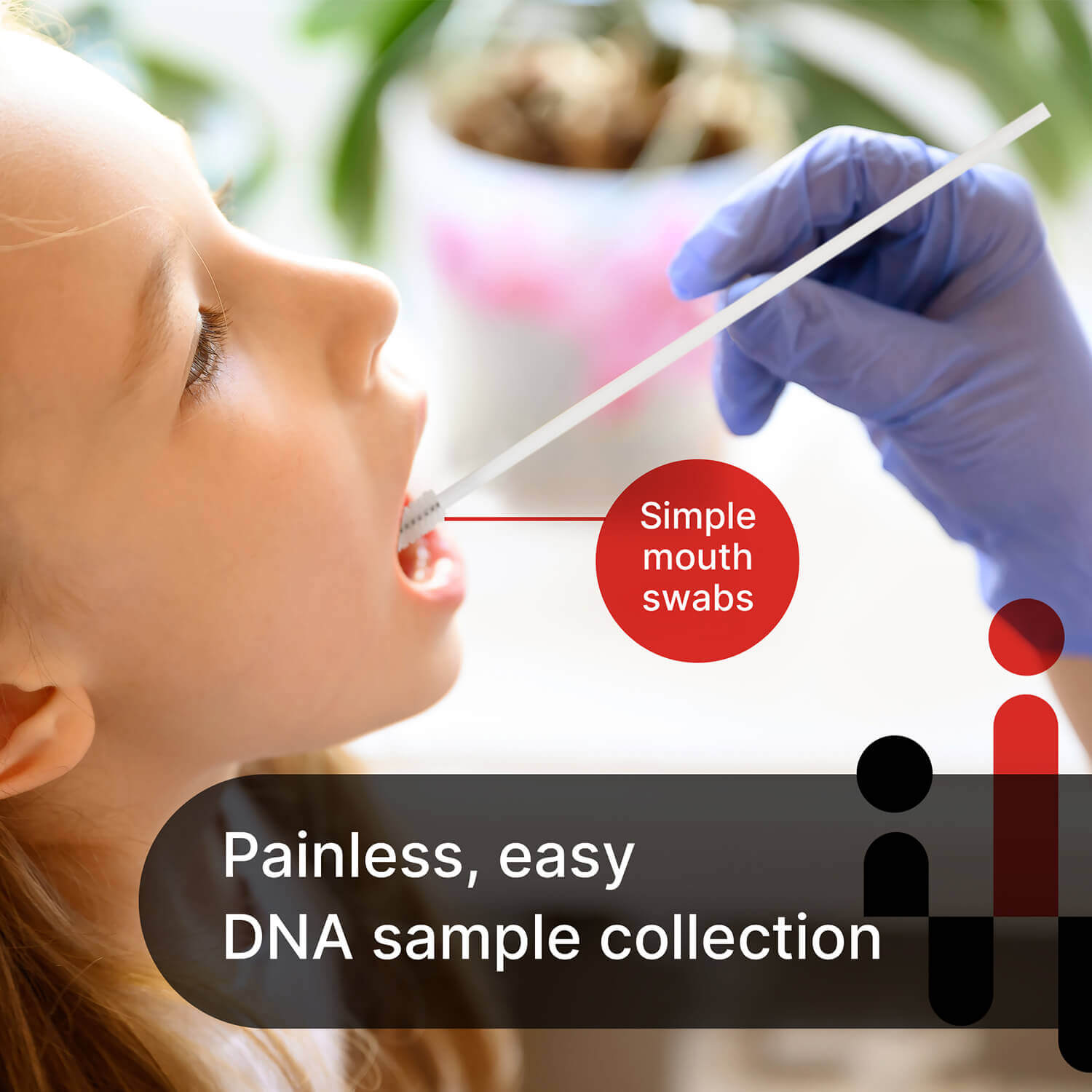
Cardiovascular Disease (ApoE) DNA Test
$195.00
The Cardiovascular Disease (ApoE) DNA Test focuses on the APOE gene, a key factor in determining your susceptibility to heart disease and your body’s ability to manage cholesterol. By examining variants of this gene, the test provides valuable information that can help you make informed decisions about your lifestyle and treatment options to reduce your risk of cardiovascular problems.
- Analyze APOE gene variants affecting heart disease risk and cholesterol levels.
- Simple, non-invasive cheek swab for sample collection.
- Access your results securely online for complete privacy.
Summary
Cardiovascular Disease and APOE
Cardiovascular disease (CVD) encompasses a range of conditions affecting the heart and blood vessels, including coronary artery disease, heart attack, and stroke. Genetics, lifestyle factors, and environmental influences all contribute to an individual’s risk of developing CVD. One key genetic factor is the Apolipoprotein E (ApoE) gene, which plays a significant part in lipid metabolism and cardiovascular health.
The ApoE gene encodes a protein that helps transport fats, such as cholesterol, through the bloodstream. Variants in this gene can influence how efficiently your body manages cholesterol and other lipids, impacting your cardiovascular health. These variants are classified as different alleles of the ApoE gene: e2, e3, and e4. Everyone inherits two copies of the ApoE gene, one from each parent, resulting in different combinations of these alleles.
The Three ApoE Alleles and Their Impact
- e2 Allele: This variant is associated with a reduced risk of cardiovascular disease. Individuals who carry at least one copy of the e2 allele generally have lower cholesterol levels, particularly LDL cholesterol (often referred to as “bad” cholesterol). However, in rare cases, individuals with two copies of the e2 allele may have an increased risk of developing a condition called familial dysbetalipoproteinemia, which can elevate cholesterol and triglyceride levels.
- e3 Allele: The e3 allele is the most common variant and is considered neutral concerning cardiovascular risk. Individuals with two copies of the e3 allele are generally not at increased or decreased risk for cardiovascular disease based on this gene alone. However, other factors such as diet, lifestyle, and overall health still play a significant part in determining cardiovascular risk.
- e4 Allele: The e4 allele is linked to an increased risk of cardiovascular disease. Individuals carrying one or two copies of the e4 allele tend to have higher levels of LDL cholesterol, which can lead to the buildup of fatty deposits in the arteries (atherosclerosis). This buildup increases the risk of heart disease, heart attacks, and strokes. Additionally, those with the e4 variant may respond differently to certain dietary fats, making it particularly important to monitor cholesterol levels and dietary habits.
The Cardiovascular Disease (ApoE) DNA Test
The Cardiovascular Disease (ApoE) DNA Test analyzes your genetic makeup to identify which combination of APOE alleles you carry, providing insights into your potential predisposition to cardiovascular diseases. Understanding your genetic makeup can help guide decisions about monitoring cholesterol levels and adopting heart-healthy lifestyle habits to manage cardiovascular health effectively.
How it works

Collect

Ship

Results
Benefits
Convenience
No Hidden Fees
Fast & Accurate
Secure Online Access
About
Why DNA Family Check?
With over 20 years of experience and a proven track record, DNA Family Check is the trusted leader in relationship DNA testing. Our high-volume accredited laboratory has helped millions of families worldwide find answers and resolve questions about their relationships. As pioneers in the industry, we were one of the first to introduce the easy cheek swab method that's now the industry standard.
With our longstanding commitment to excellence and innovation, it's no wonder we're America's #1 choice for paternity answers. Our accredited laboratory is dedicated to providing accurate, reliable, and confidential results, ensuring that families receive the truth they need to move forward. With DNA Family Check, you can trust that you're in good hands.
